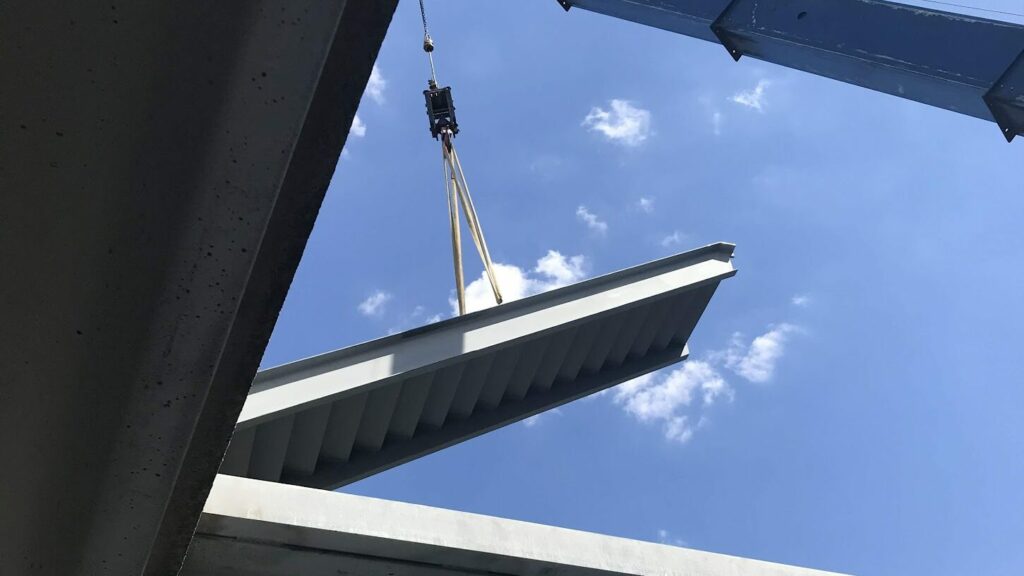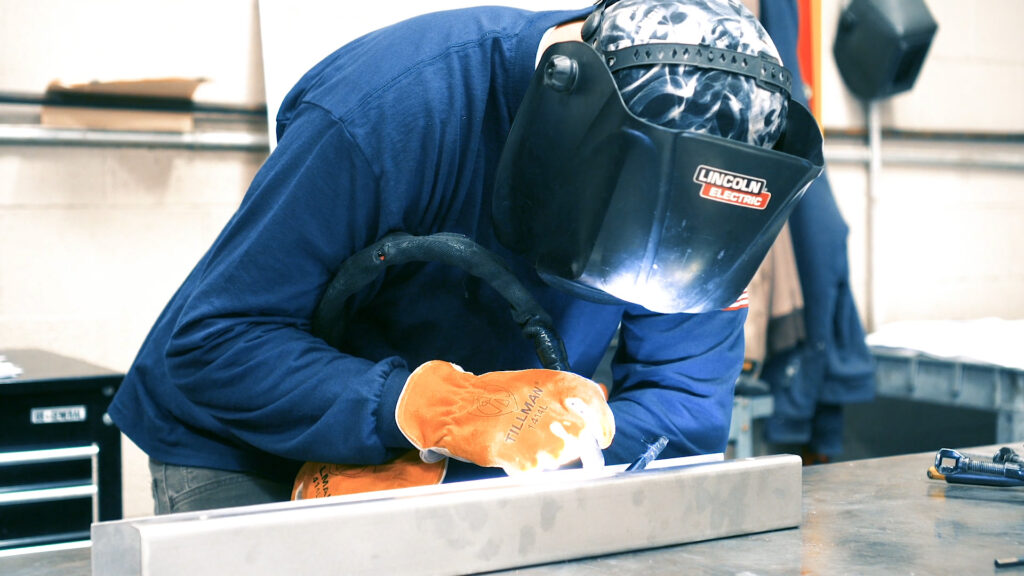Steel fabrication is the process of creating metal structures and components through cutting, bending, and assembling. This process is essential in many industries, providing the backbone for construction, manufacturing, and more. Understanding what metal fabrication entails helps appreciate its role in producing high-quality and durable products.
In various sectors, steel fabrication is critical for building infrastructure, machinery, and other essential components. The process involves using various techniques to shape and join pieces of metal, ensuring they meet specific design requirements. By doing so, it supports the creation of robust and efficient structures.
There are several common types of metal fabrication used in the industry. These include cutting, bending, welding, and assembling pieces of metal to form a final product. Each type of fabrication is crucial for different applications and ensures that the metal components meet specific standards.
The metal fabrication industry relies on these processes to create a wide range of products, from simple tools to complex machinery. Understanding the common types of fabrication helps in choosing the right method for a particular project, ensuring optimal results and performance.
Machine shops play a vital role in the steel fabrication process. They provide the necessary tools and expertise to perform various machining processes, such as milling, drilling, and turning. These processes are essential for shaping and finishing metal components to precise specifications.
In addition to machining, machine shops also help in removing material from metal pieces to achieve the desired shape and size. This precision work is crucial for ensuring that the final product meets quality standards and functions correctly in its intended application.
Steel fabrication involves several advanced techniques, with laser cutting being one of the most popular. Laser cutting allows for precise and efficient cutting of metal sheets, ensuring clean edges and minimal waste. This technique is ideal for creating intricate designs and complex shapes.
Other techniques used in steel fabrication include plasma cutting, water jet cutting, and CNC machining. These methods provide high strength and accuracy, making them suitable for various applications in the metal fabrication industry.
Stainless steel is a preferred material in steel fabrication due to its durability and corrosion resistance. This high-quality metal is used in various applications, from kitchen appliances to industrial equipment. Its ability to withstand harsh environments makes it ideal for many projects.
Using stainless steel in fabrication ensures that the final products are not only strong but also maintain their appearance over time. This material is often chosen for projects that require a high-quality finish and long-lasting performance.
Custom metal fabrication is essential for projects that require specific designs and dimensions. This process involves creating metal components tailored to the client’s unique needs, ensuring a perfect fit and optimal performance. Custom fabrication allows for flexibility and innovation in design.
PEC offers custom metal fabrication services that cater to a wide range of industries. Our expertise ensures that each project is handled with precision and care, delivering high-quality results that meet the client’s exact specifications.

Structural steel fabrication is crucial for constructing buildings, bridges, and other infrastructure. This process involves creating steel beams, columns, and other components that provide the framework for large structures. The high strength of structural steel makes it ideal for supporting heavy loads and ensuring stability.
PEC specializes in structural steel fabrication, offering services that include design, cutting, welding, and assembly. Our experienced team ensures that each project meets stringent safety and quality standards, contributing to the construction of robust and reliable structures.
Powder coating is a finishing technique used in steel fabrication to enhance the appearance and durability of metal products. This process involves applying a dry powder to the metal surface, which is then cured to form a protective layer. Powder coating provides a high-quality finish that is resistant to scratches and corrosion.
In addition to powder coating, other finishing techniques such as painting and galvanizing are also used to protect and enhance metal components. These finishes ensure that the fabricated products not only look good but also last longer in various environments.
Welding wire is an essential component in the steel fabrication process. It is used to join pieces of metal together, ensuring strong and durable connections. The type of welding wire used can vary depending on the materials and the specific requirements of the project.
Using high-quality welding wire ensures that the welds are strong and reliable. This is crucial for maintaining the integrity of the fabricated structures and ensuring their long-term performance in demanding applications.

Plate metal fabrication involves cutting, bending, and assembling flat metal sheets into desired shapes. This process is commonly used to create parts and components for various industries. The techniques used in plate metal fabrication include laser cutting, punching, and bending.
PEC offers plate metal fabrication services that cater to a wide range of applications. Our expertise in this area ensures that each piece of metal is fabricated to precise specifications, delivering high-quality results that meet the client’s needs.
The machining process is a critical aspect of metal fabrication. It involves removing material from metal pieces to achieve the desired shape and size. Common machining processes include milling, turning, and drilling.
Machining is essential for creating precise and accurate metal components. PEC’s machine shops are equipped with advanced tools and technology to perform a wide range of machining processes, ensuring high-quality results for every project.
Quality control is a crucial part of the steel fabrication process. Ensuring high quality involves rigorous testing and inspection at various stages of production. This helps in identifying and rectifying any defects, ensuring that the final products meet industry standards.
PEC is committed to maintaining the highest quality standards in all our fabrication projects. Our team follows strict quality control procedures to ensure that every product we deliver is of the highest quality and meets the client’s expectations.
The metal fabrication industry is constantly evolving, with new technologies and techniques emerging regularly. The future of this industry looks promising, with advancements in automation, robotics, and materials science driving innovation.
PEC is at the forefront of these advancements, continually investing in new technologies and training to stay ahead of industry trends. Our commitment to innovation ensures that we can provide cutting-edge solutions to our clients, helping them stay competitive in their respective industries.